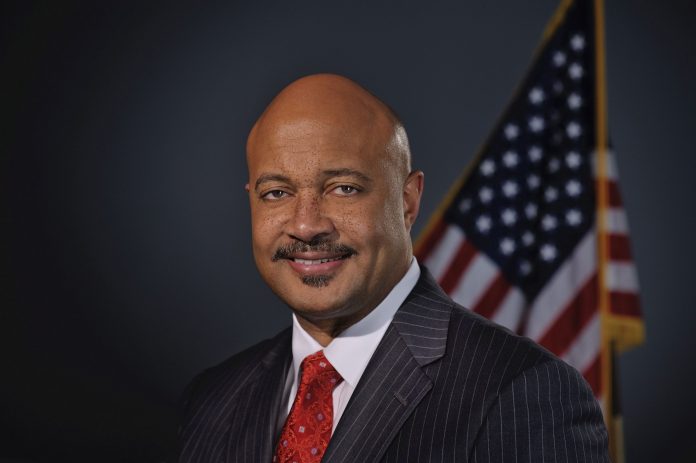Attorney General Curtis Hill this week filed a brief in his ongoing efforts to persuade the U.S. Supreme Court to uphold an Indiana law that presumes, for the sake of birth certificates, that a birth mother’s husband, but not a birth mother’s wife, is the baby’s biological father.
Attorney General Hill writes in the brief that “common sense†supports Indiana’s position because “the husband of a birth mother is usually the biological father, but the wife of a birth mother is never the biological father. And neither the Constitution nor this Court’s holdings . . . command States to act contrary to biological facts.†Indiana law does not permit a birth mother to list her husband as the father on the birth certificate if she knows someone else is the father, Attorney General Hill notes.
Even though Indiana’s position is supported by both existing law and basic biology, a lower federal court deemed it unconstitutional on the grounds that, because Indiana does not require a genetic test for every birth, its birth certificate system turns on marriage rather than biology.
That faulty ruling, Attorney General Hill writes, “puts Indiana in a difficult position: either forgo grounding parental rights in biology (potentially violating the fundamental liberty interest of biological parents) or require a DNA test for every child, even those for whom biological parentage is uncontested.â€
The Constitution, Attorney General Hill adds, “does not require Indiana to make such a costly and intrusive choice,†and the U.S. Supreme Court should “uphold Indiana’s common-sense system for presuming the identity of biological parents at birth.â€
FOOTNOTE: THE CITY-COUNTY OBSERVER POSTED THIS ARTICLE WITHOUT EDITING.





